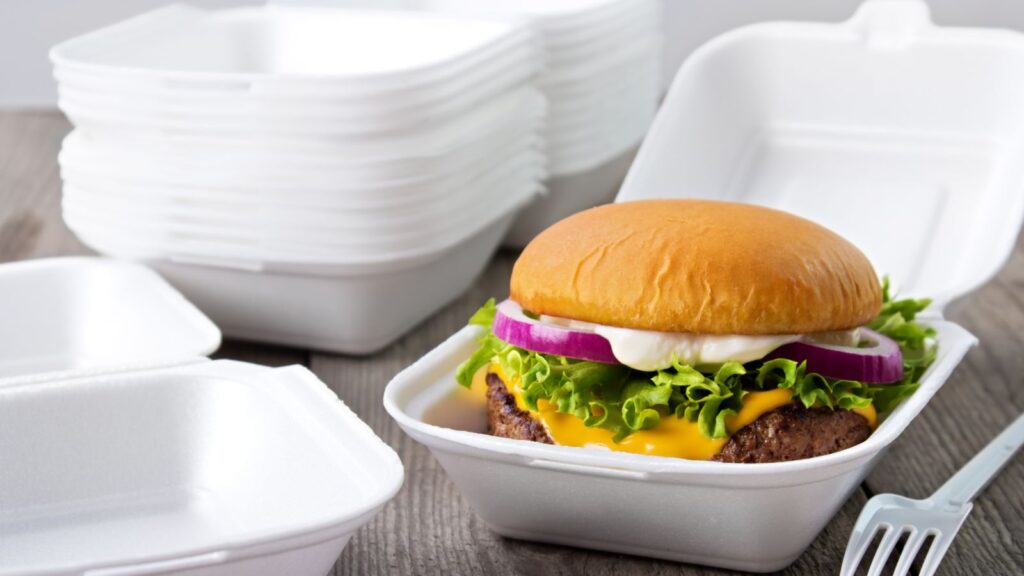Recycling has become a routine for most of us, and it’s easy to feel good about tossing things into the recycling bin, but did you know that some items we assume are recyclable actually aren’t? To help you recycle correctly, here are 19 items that can’t go in the recycling bin.
Plastic Bags
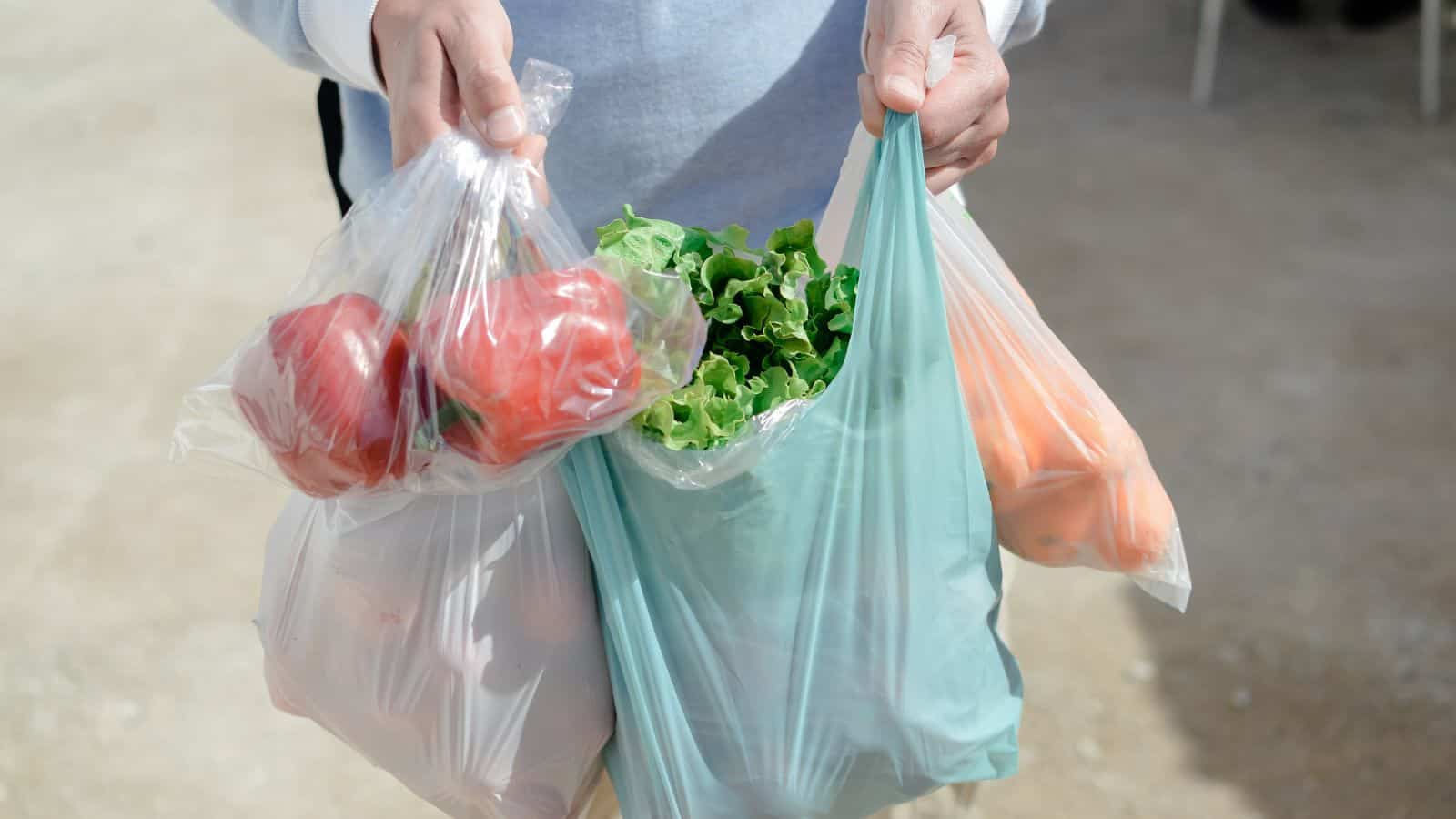
According to the BBC, “throwing plastic bags or packaging away is not sustainable,” but plastic bags are everywhere, whether it’s the grocery stores or your local takeaway, and while they might seem like they should go in the recycling bin, they’re actually a big no-no. Plastic bags can easily get tangled in the machinery at recycling facilities, causing delays and costly repairs.
Coffee Cups

That morning coffee might be a daily ritual, but your takeaway cup could be an environmental nightmare, as most coffee cups are lined with a thin layer of plastic to make them waterproof, which makes them difficult to recycle. Even though they might seem like paper, that plastic coating is a problem.
Pizza Boxes

Pizza is a beloved treat, but those greasy pizza boxes aren’t as recyclable as you might think. The oil and food residue on the cardboard can contaminate the recycling process, rendering entire batches of paper waste unusable—but if your pizza box is clean and free of food, you can recycle it.
Shredded Paper
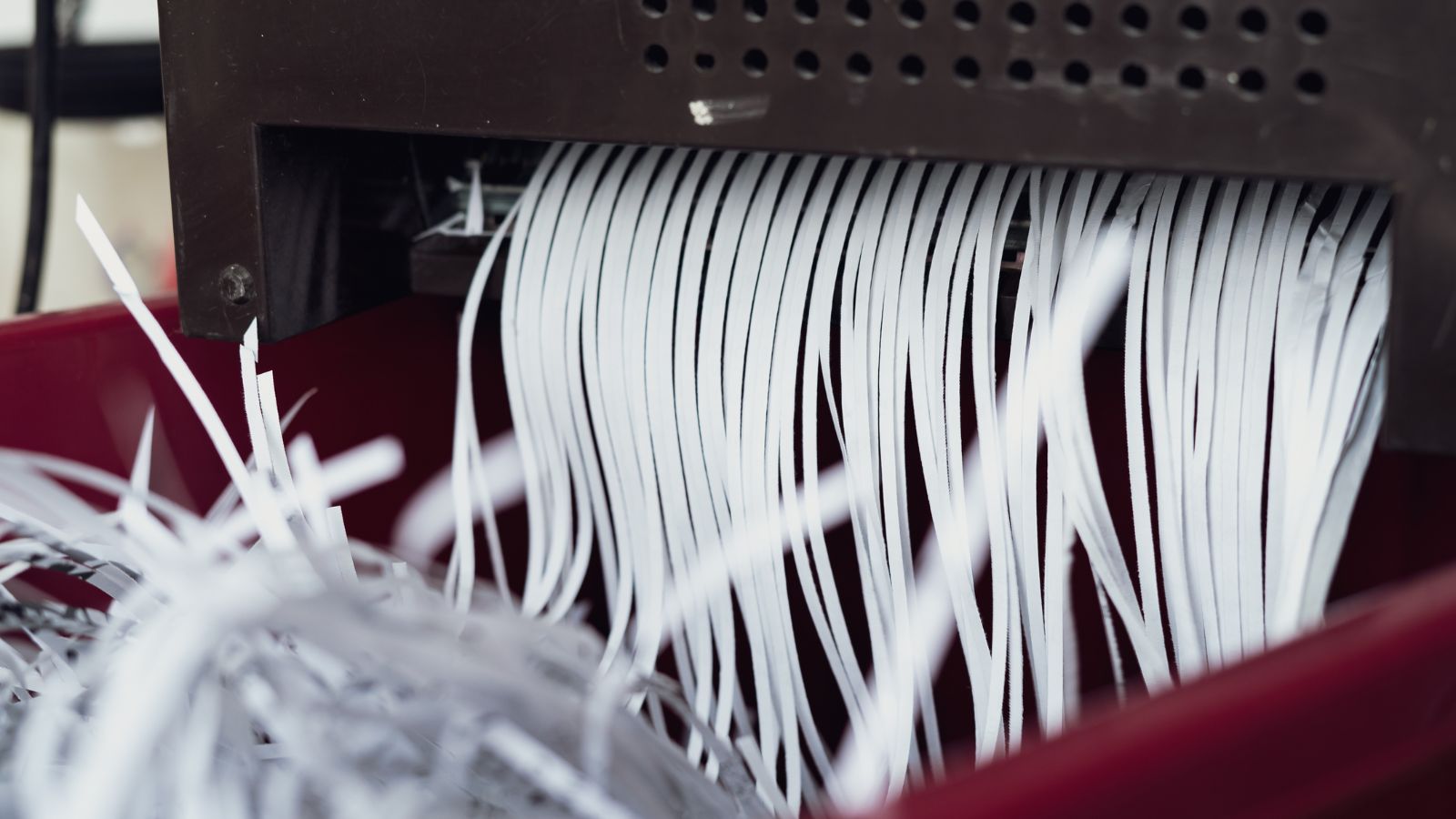
You might think that shredding paper makes it easier to recycle, but it’s actually the opposite. Shredded paper is often too small to be sorted properly by the recycling machinery, and it can slip through the cracks, literally, and this paper can also get mixed in with other materials, causing contamination.
Receipts
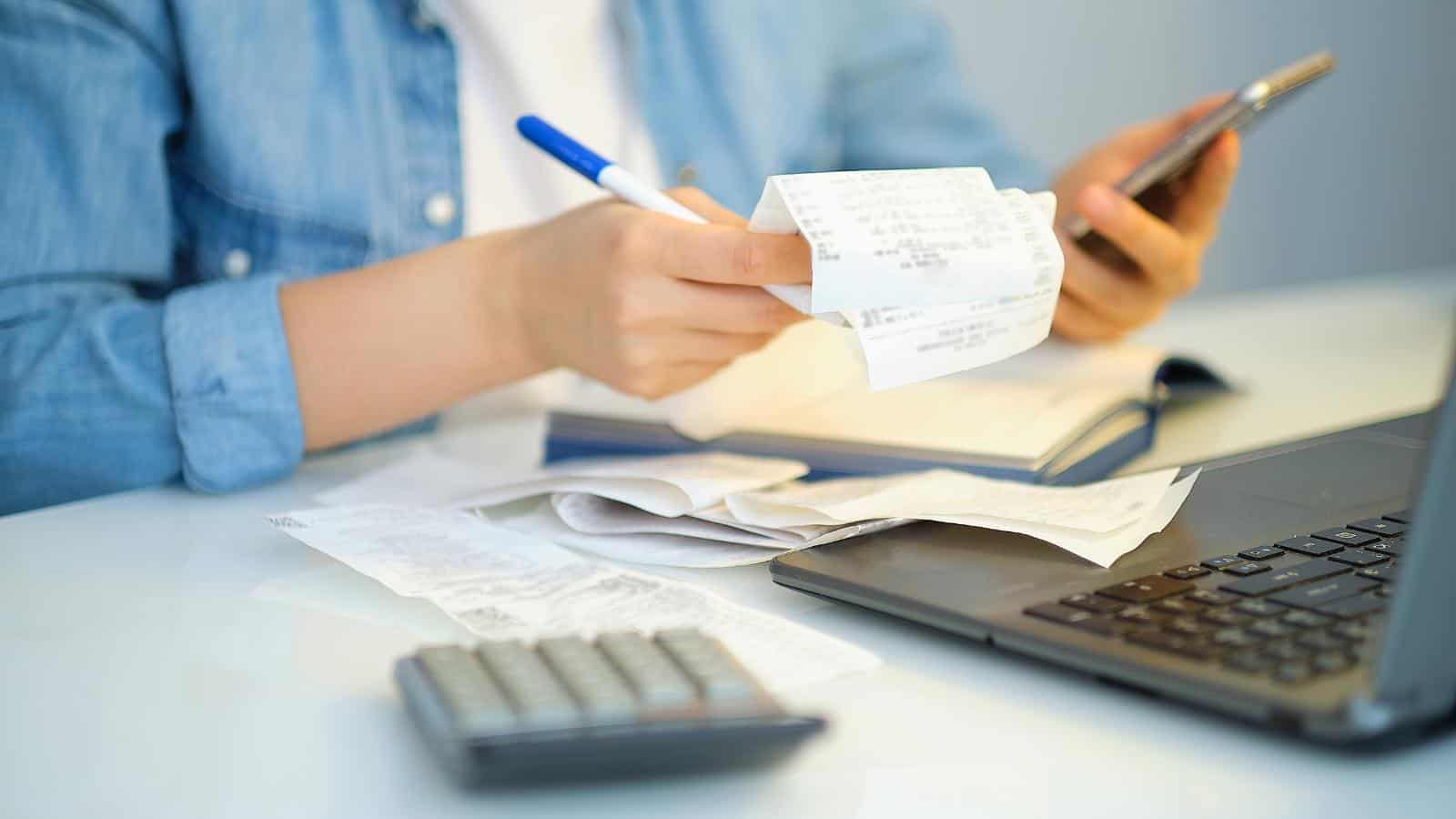
Receipts may seem like just another piece of paper, but most of them are coated with BPA, a chemical that can’t be recycled. This coating is used to create the print, but it makes the paper incompatible with regular recycling processes.
Sticky Notes
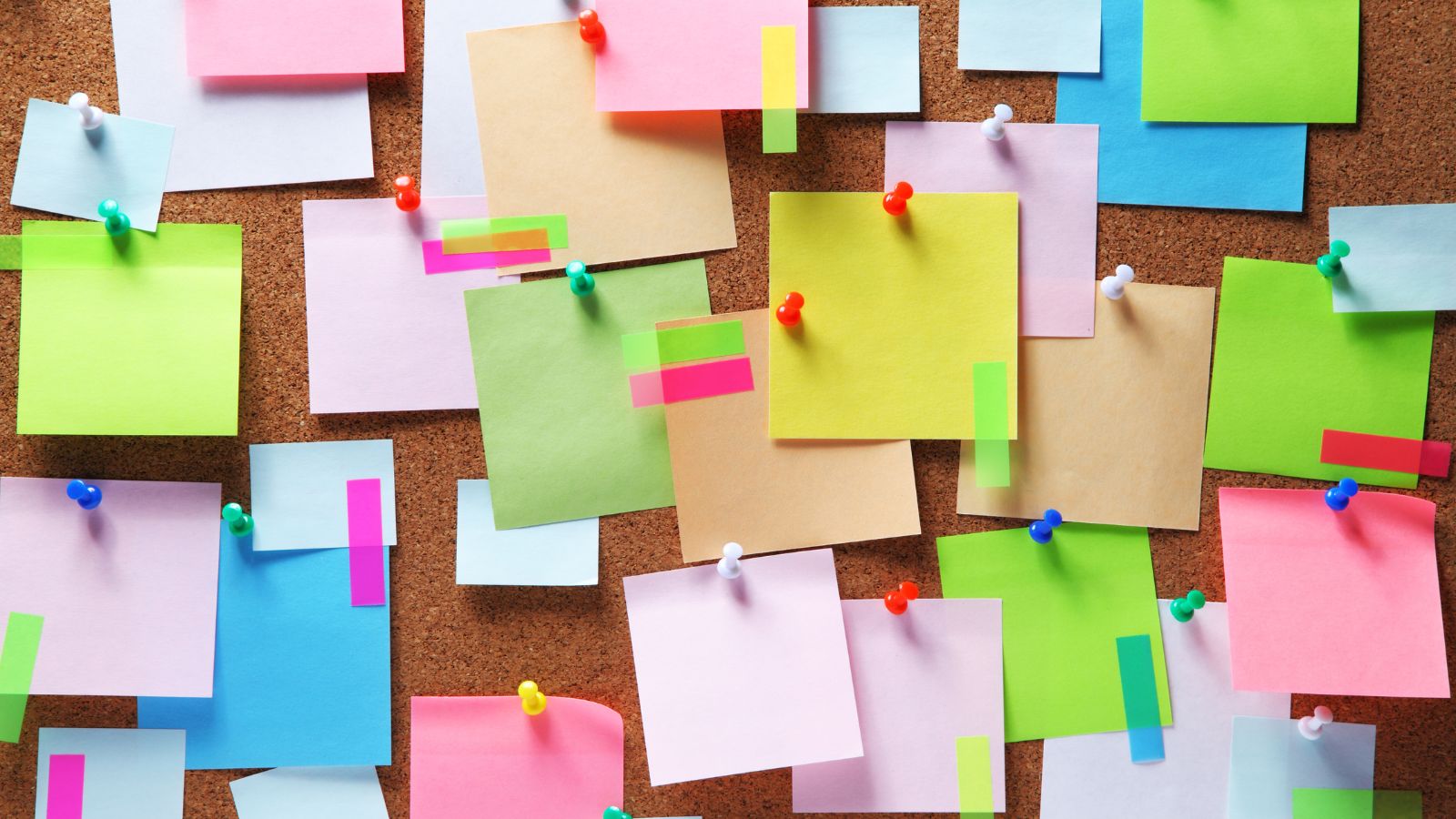
Those handy little sticky notes on your desk might help you stay organised, but they’re not as recyclable as regular paper thanks to the adhesive strip which can cause problems during the recycling process. It can stick to machinery and contaminate other recyclables.
Plastic Straws
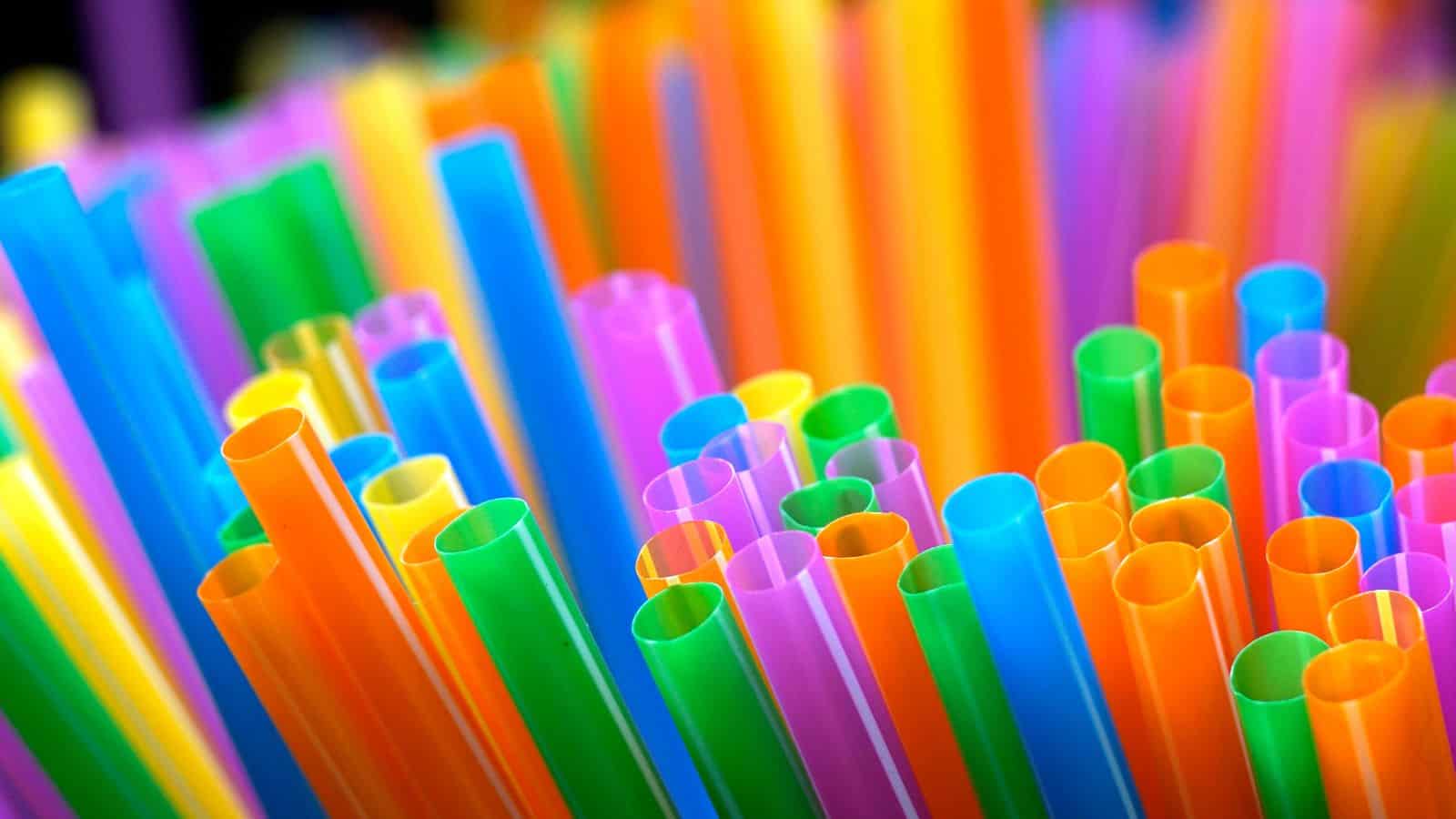
Plastic straws are small, but they cause big problems when it comes to recycling, as their lightweight nature makes them difficult to process, and they often end up as litter, harming wildlife and polluting our oceans. Many places are banning plastic straws, but if you still use them, remember that they don’t belong in the recycling bin.
Polystyrene (Styrofoam)
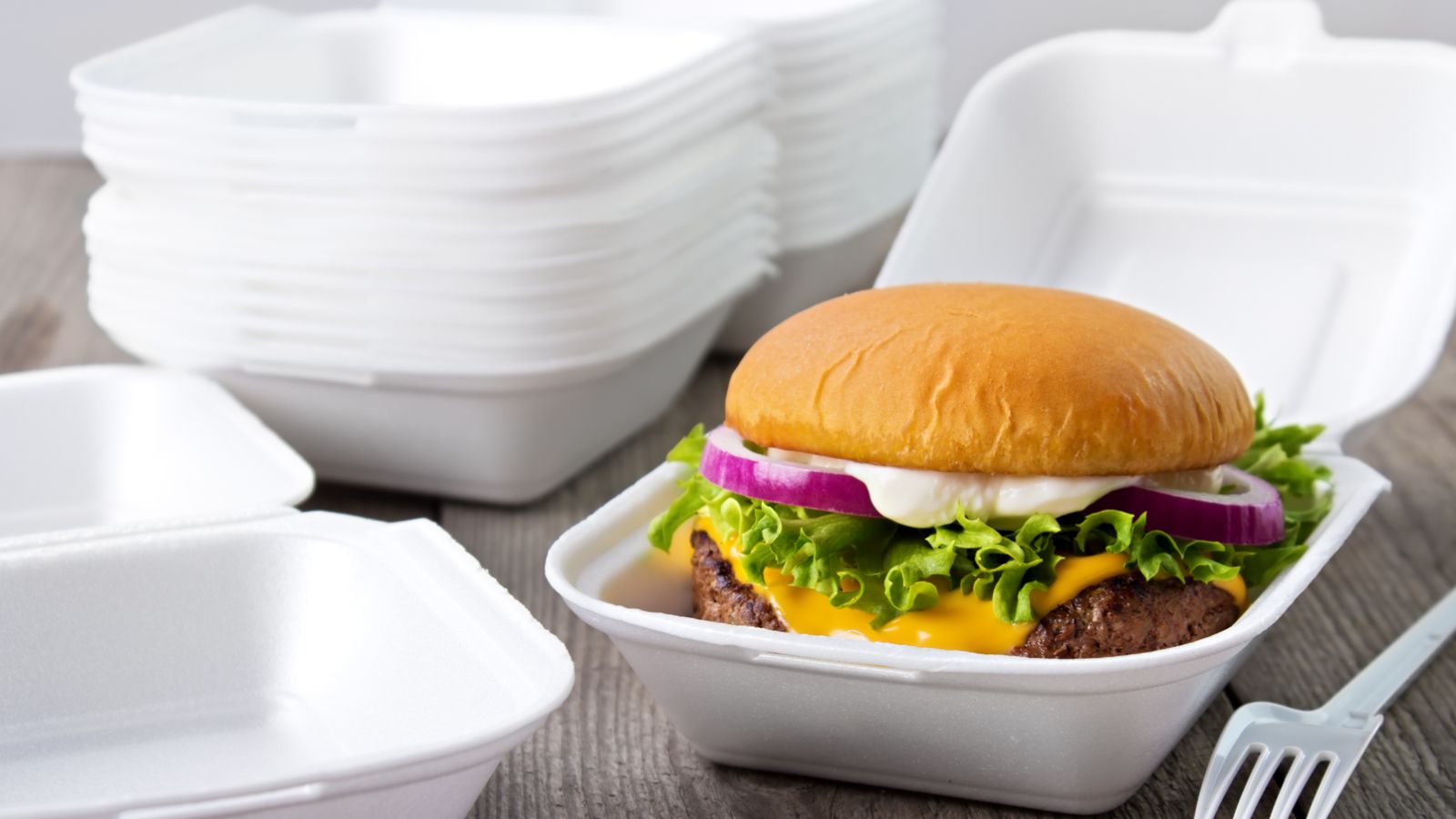
Commonly known as Styrofoam, polystyrene is another item that can’t be recycled in your kerbside bin, and it’s not accepted by most recycling programmes due to its composition and the fact that it’s not cost-effective to recycle. Consider reusing polystyrene for packing or look for facilities that accept it, though they can be hard to find.
Plastic Cutlery
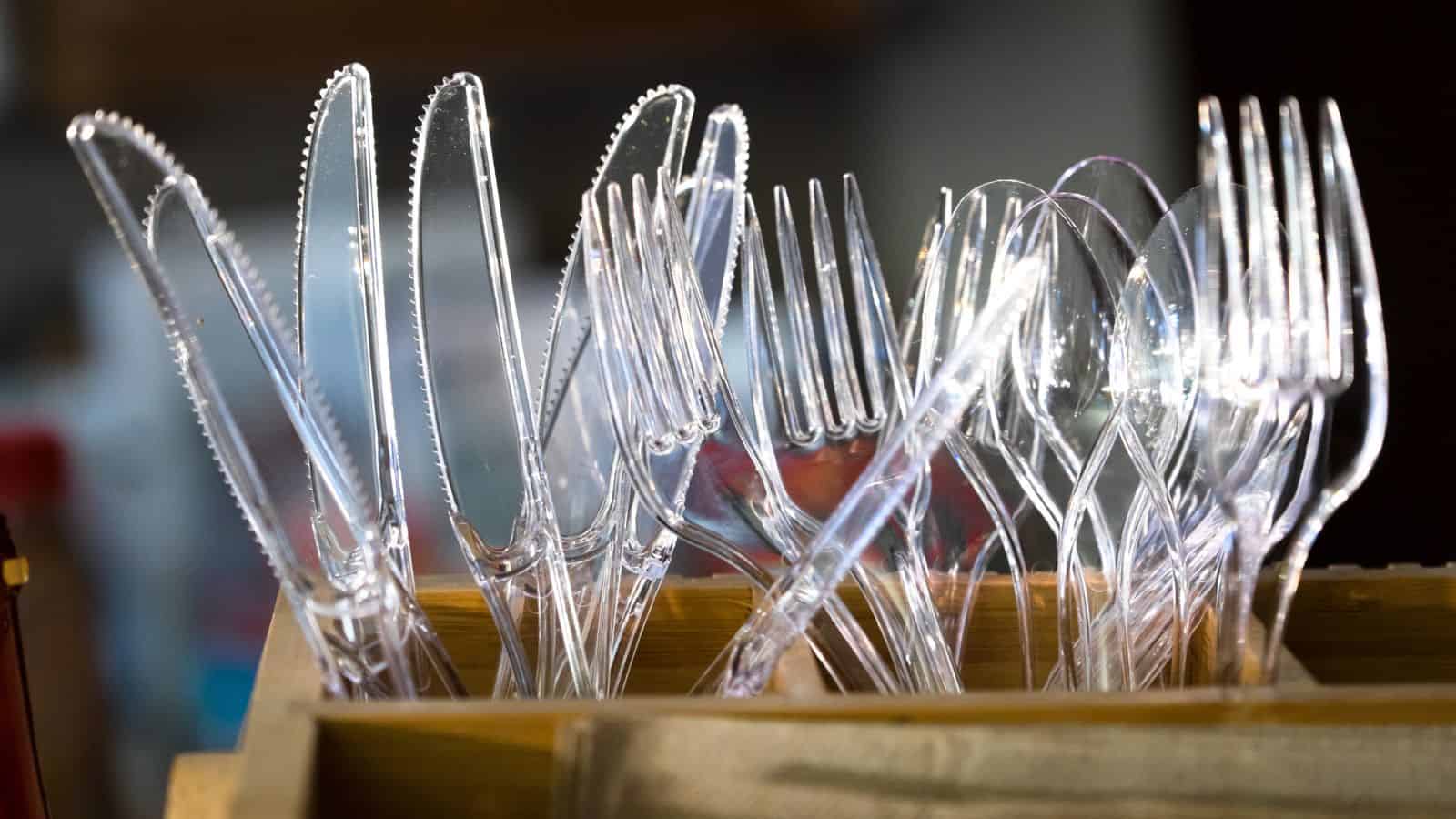
Like straws, plastic cutlery is another disposable item that’s often mistakenly thrown in the recycling; unfortunately, it’s usually not recyclable because it’s made from low-grade plastics that aren’t easily processed. The best solution is to avoid using single-use cutlery altogether and opt for reusable alternatives.
Chip Packets
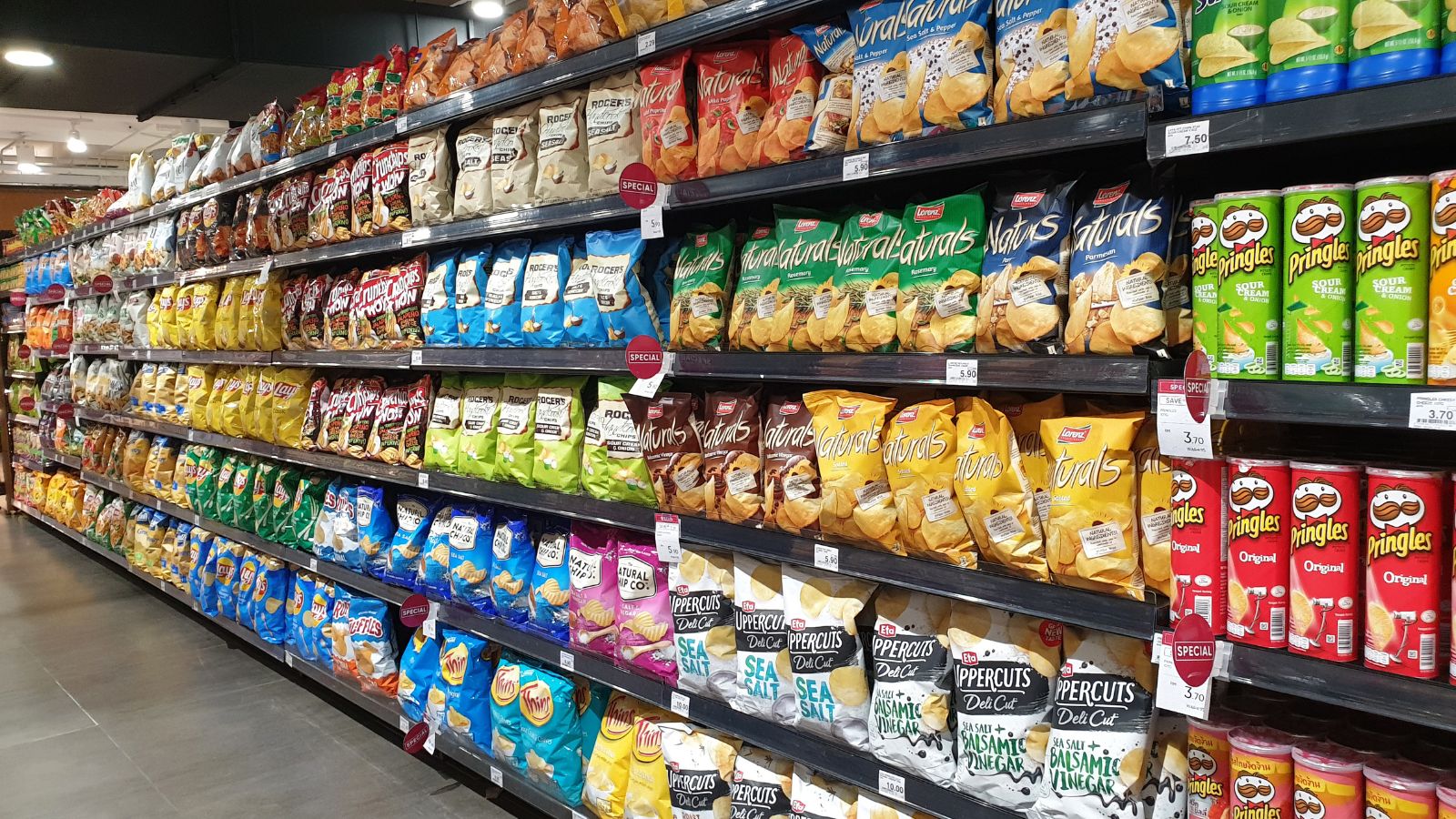
Chip packets are tricky because they’re often made of multiple layers of different materials, including plastic and aluminium. This combination makes them unrecyclable in most programmes, so the best way to reduce waste from chip packets is to buy in bulk or choose snacks that come in recyclable packaging.
Frozen Food Packaging
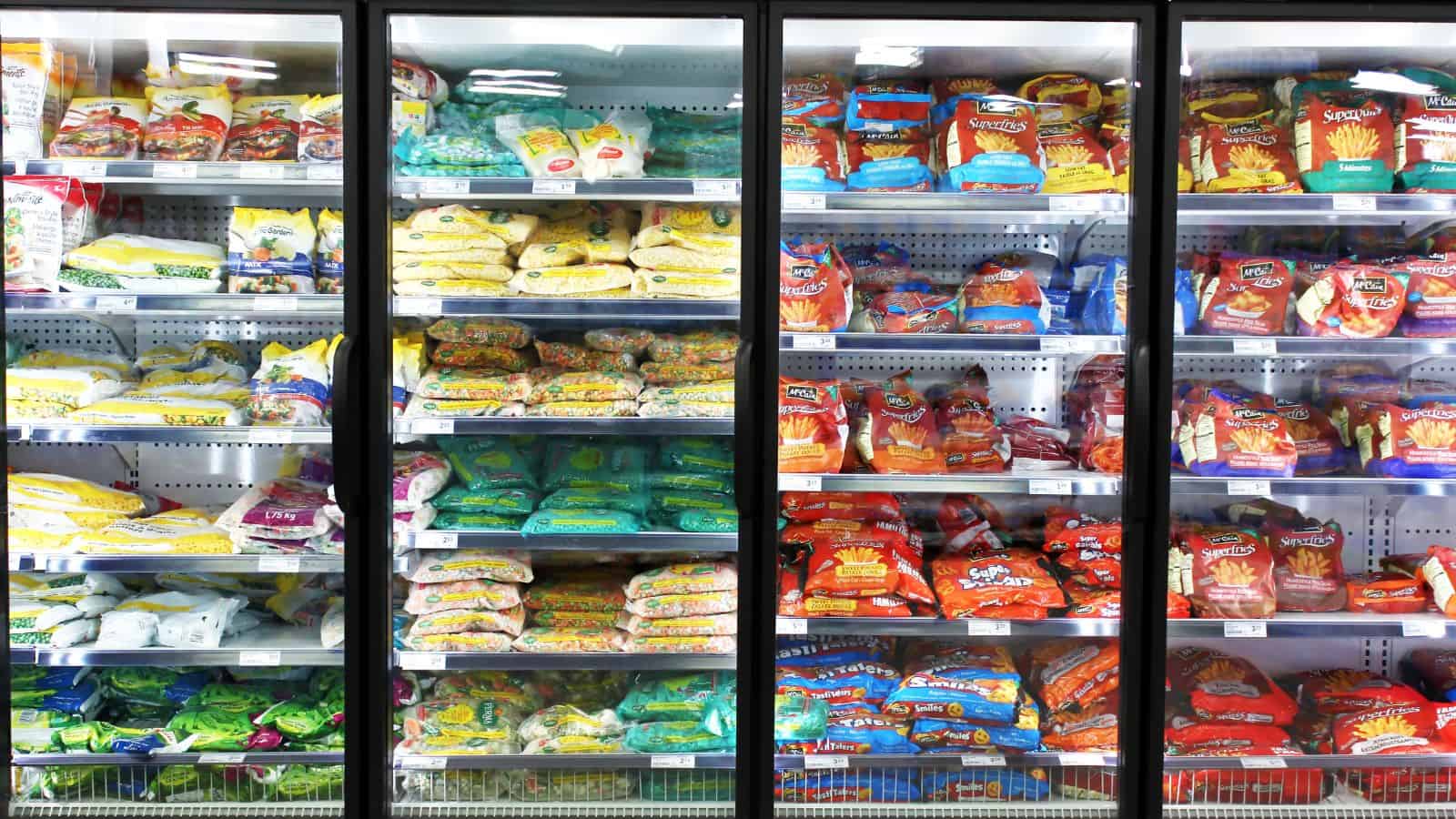
We know it’s convenient, but frozen food has problematic packaging, because it’s usually coated with a plastic lining to protect the food from moisture.
This makes it impossible to recycle alongside regular cardboard, so if you’re buying frozen goods, try to find options with recyclable packaging or consider fresh alternatives.
Toothpaste Tubes
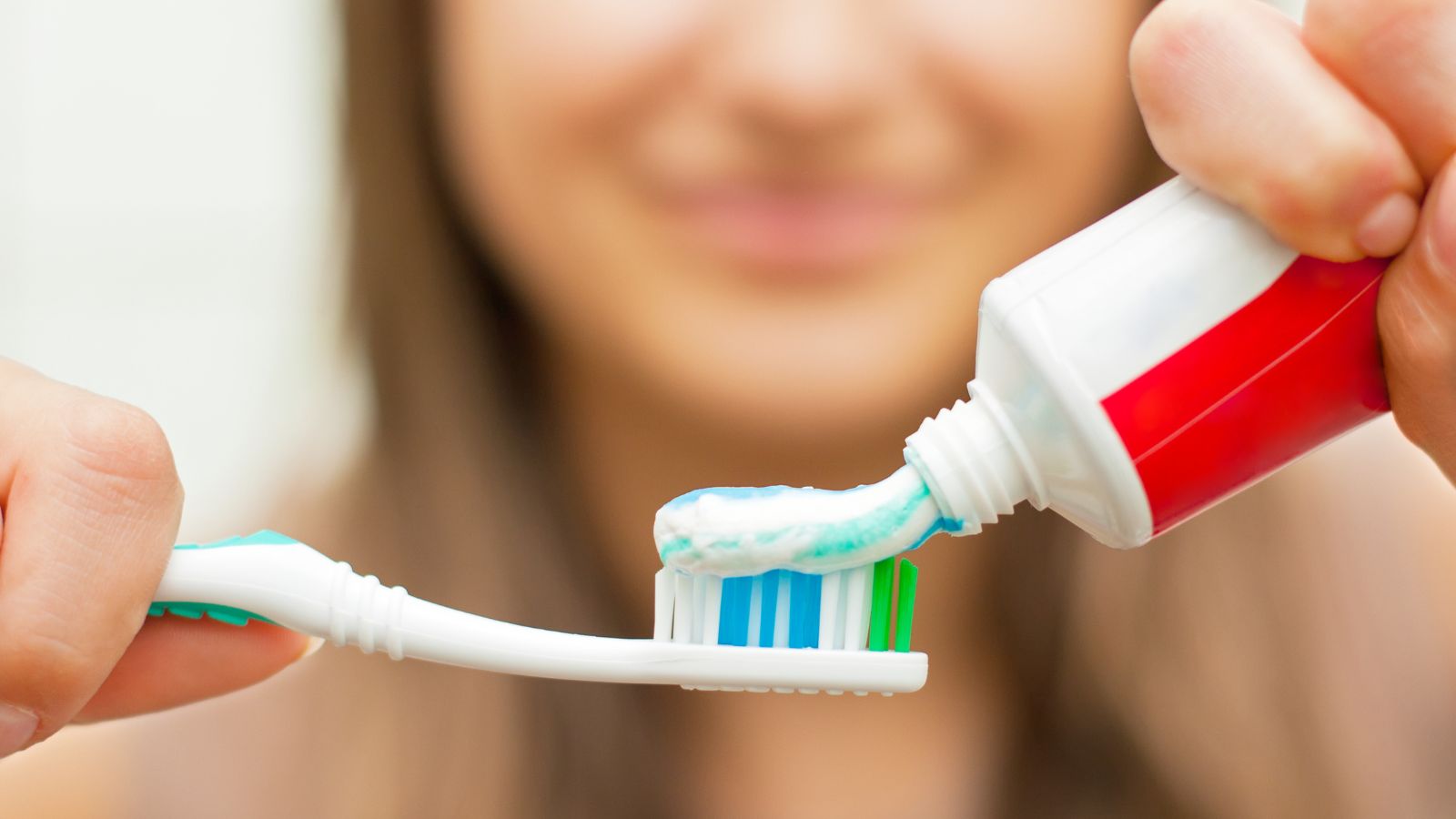
A daily essential, toothpaste tubes are not as recyclable as you might think. Most tubes are made from a combination of plastics and aluminium, which makes them difficult to recycle, but some brands are starting to offer recyclable or biodegradable options.
Drinking Glasses
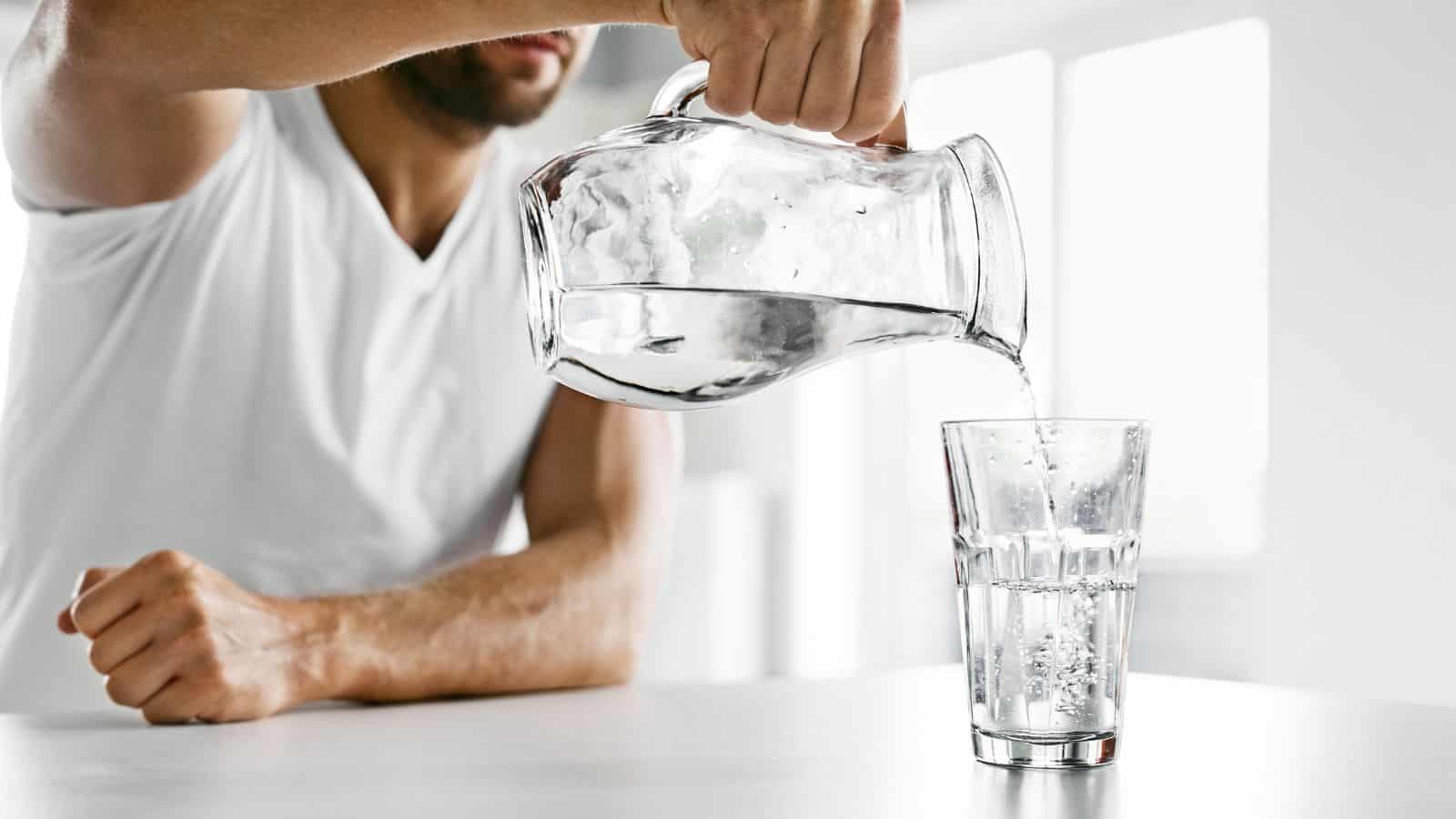
It might seem logical to toss a broken drinking glass in with your glass bottles, but drinking glasses are made from a different type of glass that can’t be recycled with bottles and jars. The composition of this glass means it has a different melting point, which can cause issues in the recycling process.
Tissues and Paper Towels
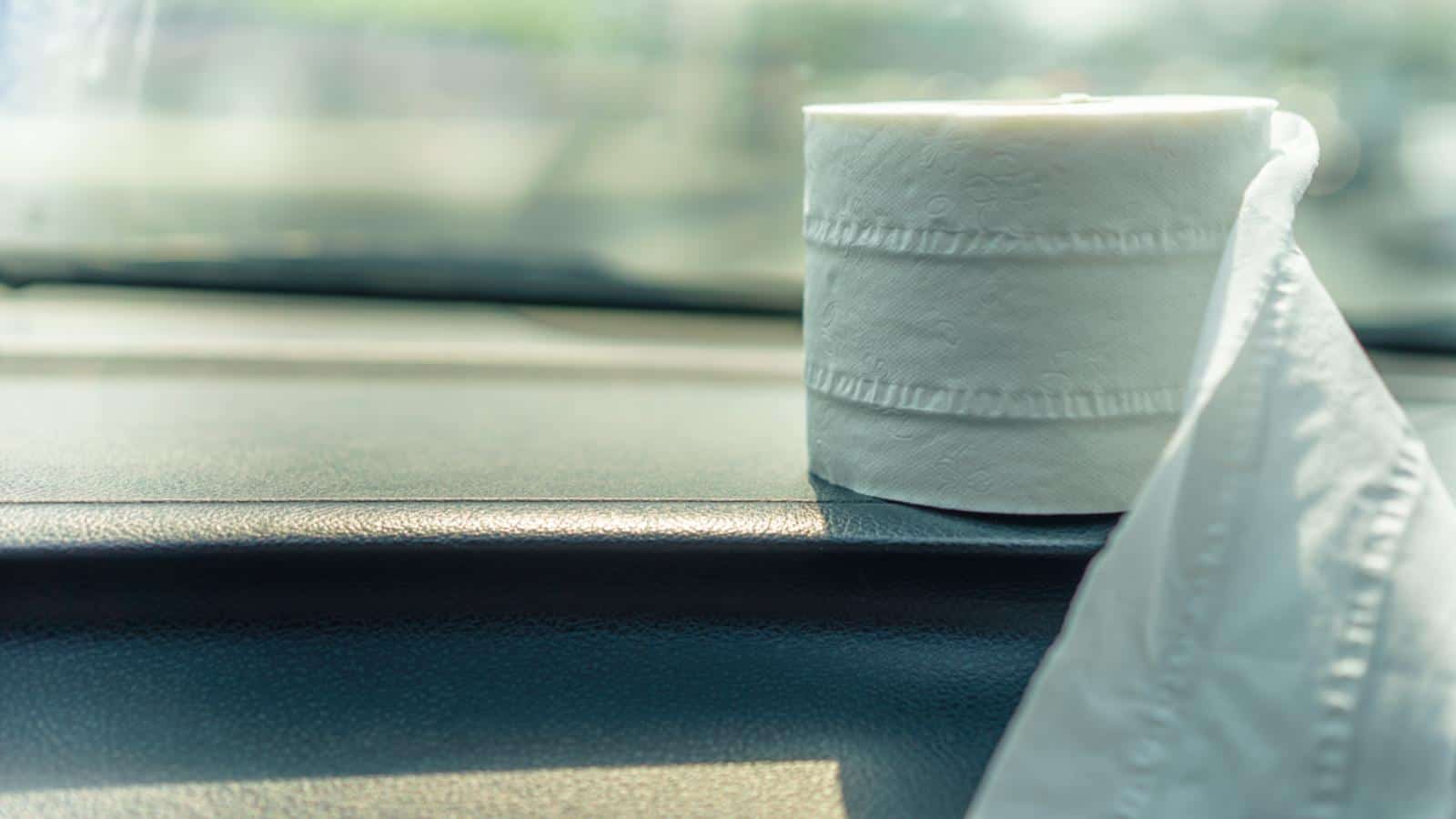
Used tissues and paper towels are often contaminated with food, grease, or bodily fluids, which makes them unsuitable for recycling. Even though they’re made of paper, the fibres are usually too short to be recycled again, so it’s best to compost these items if you can—or simply throw them in the rubbish.
Old Clothes and Fabrics
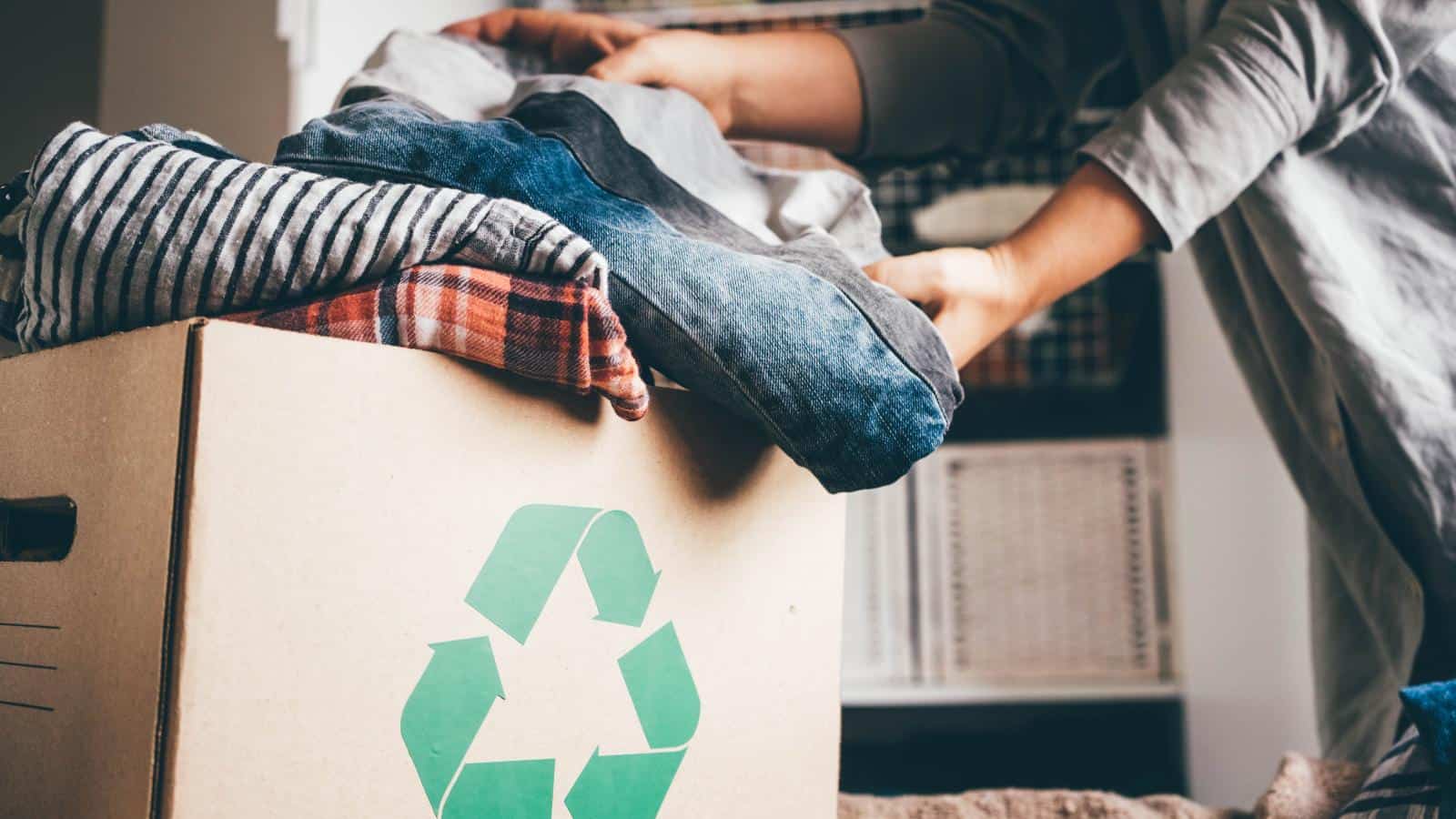
While it’s great to donate old clothes, they don’t belong in your recycling bin, because textiles aren’t processed in the same way as other recyclable materials.
They can tangle up machinery, too, just like plastic bags, so if your clothes aren’t suitable for donation, look for textile recycling programmes.
Mirrors and Window Glass
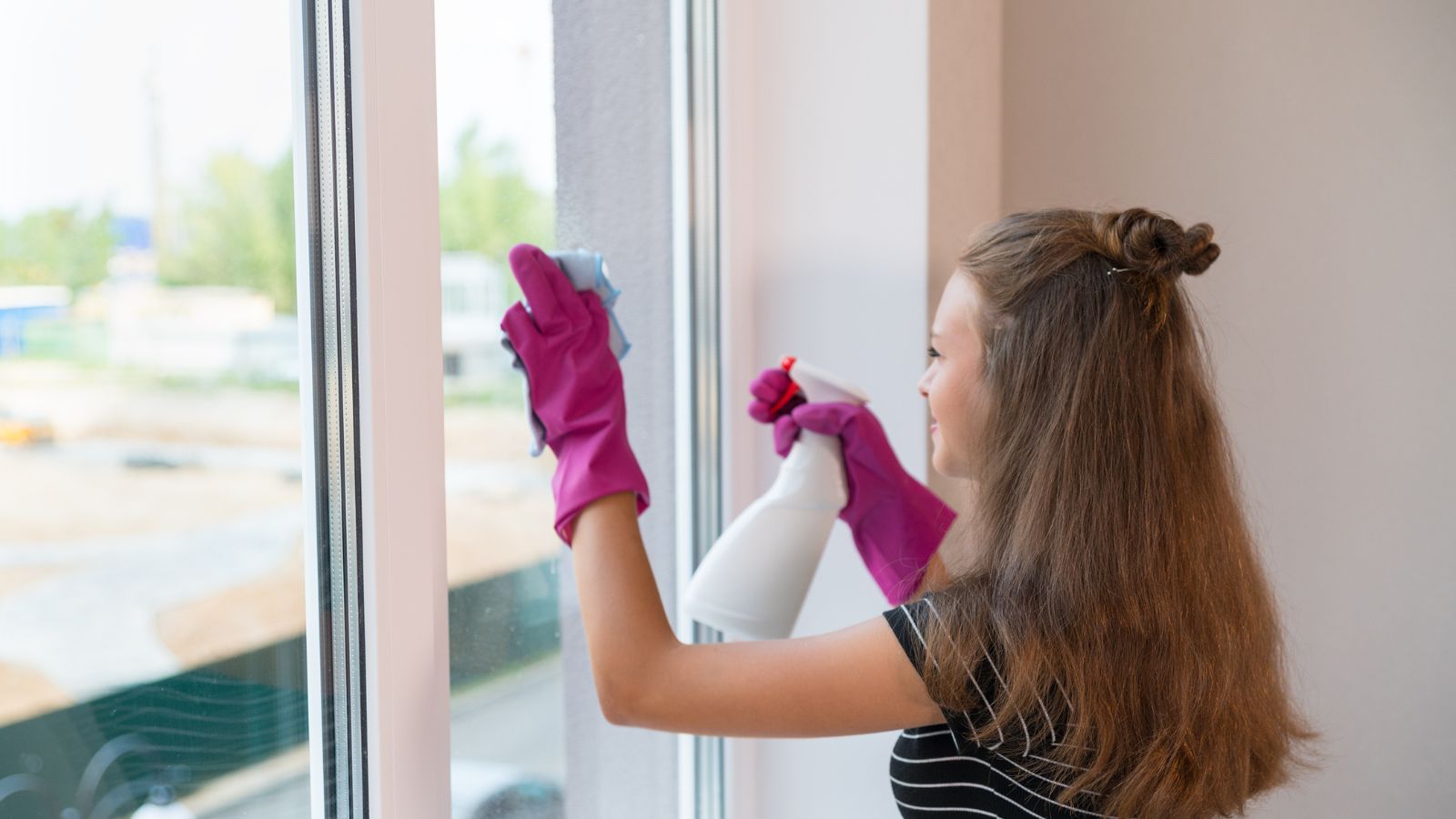
Like drinking glasses, mirrors and window glass are made from a different type of glass that isn’t recyclable with containers, and these items have a different composition unsuitable for recycling. If you need to dispose of old mirrors or windows, contact your local waste management service for advice on proper disposal.
Ceramics and Pottery
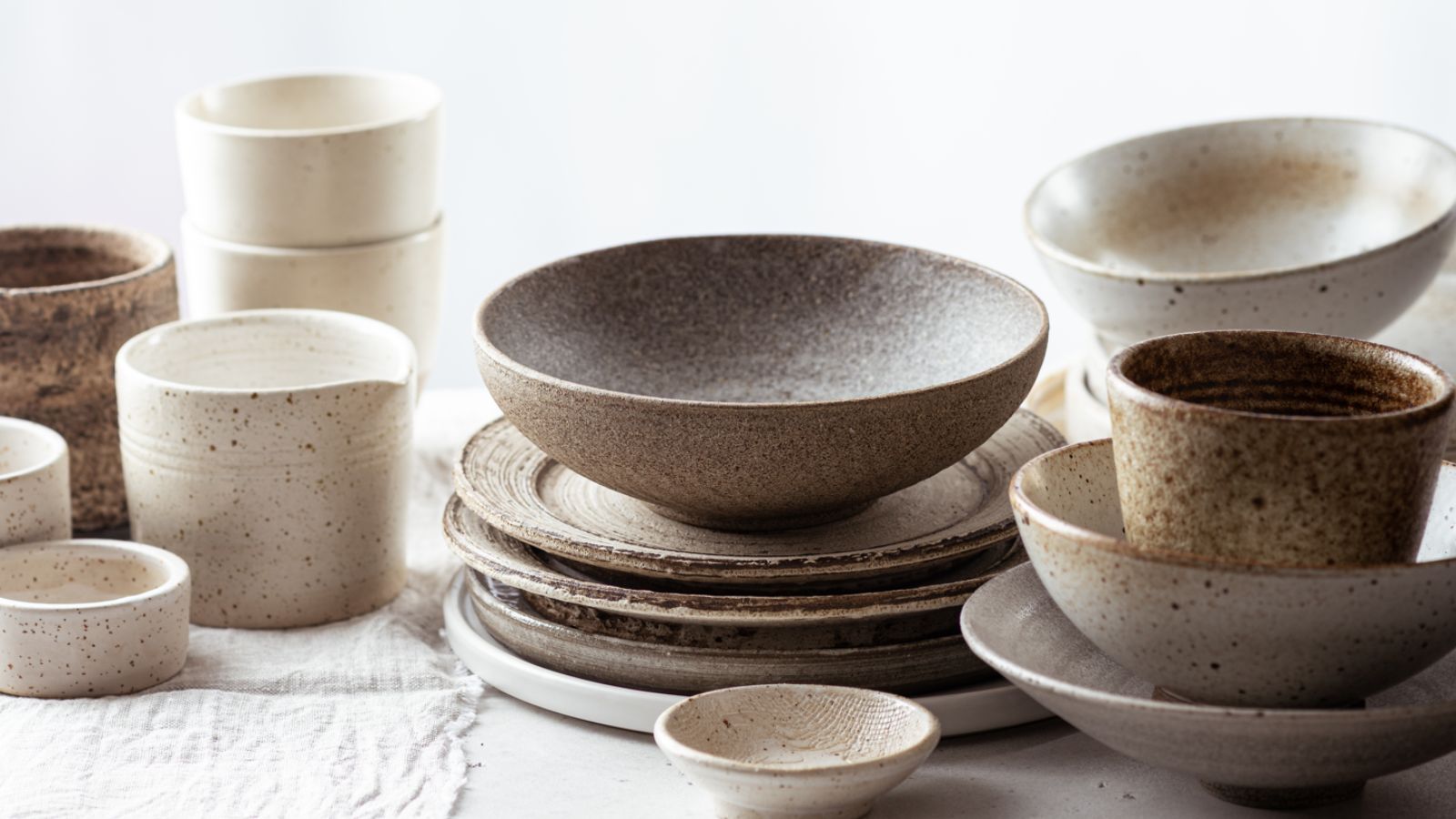
That old chipped mug or broken plate might seem like it should go in the recycling, but ceramics and pottery aren’t recyclable with glass or other materials. They can’t be melted down like glass and can contaminate recycling batches, so instead, consider reusing them in creative ways around the house.
Blister Packs
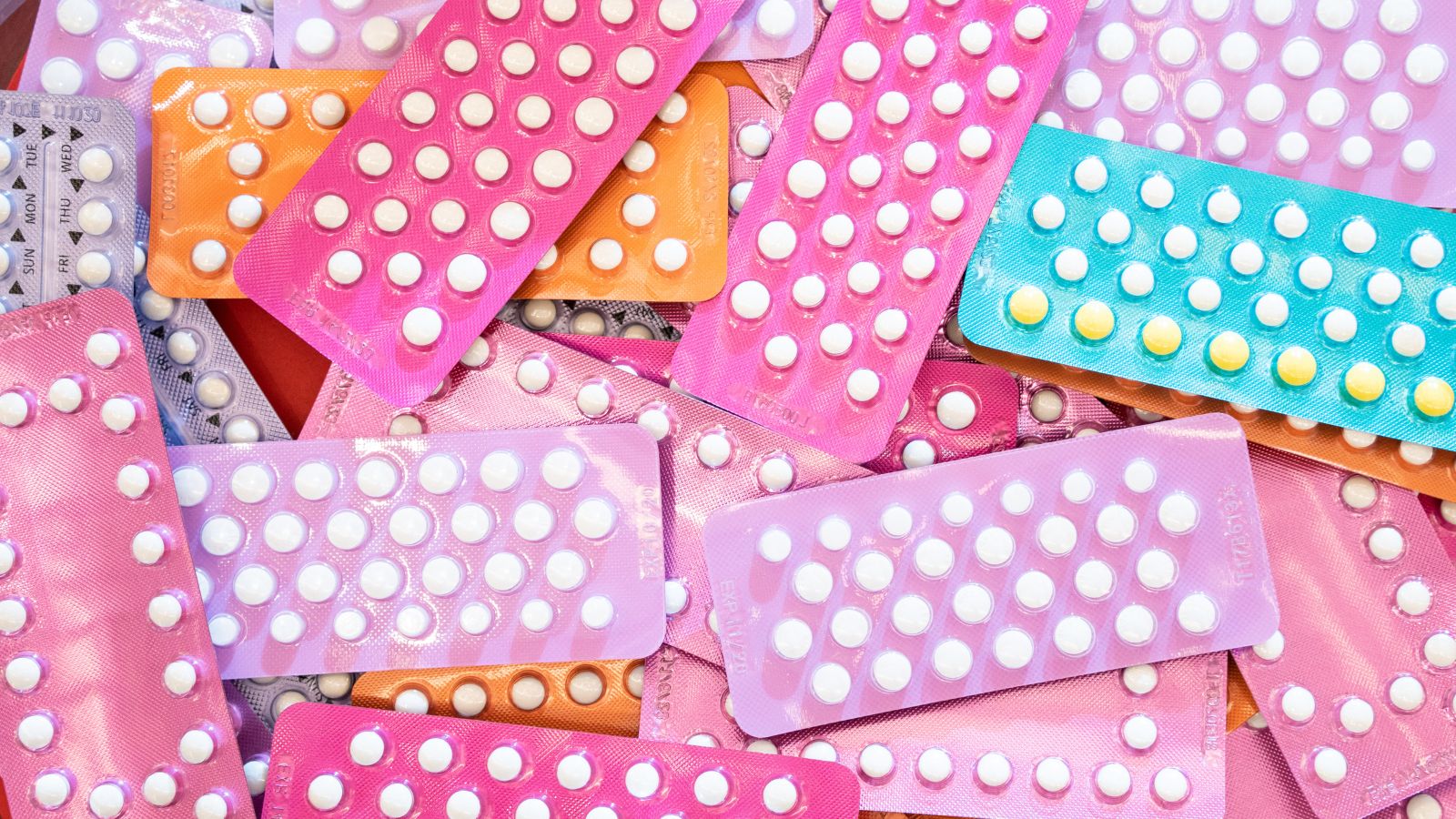
Blister packs, like those used for pills or some types of batteries, are often made of mixed materials that are difficult to separate for recycling, as they usually combine plastic with aluminium or other materials, which makes them a challenge for recycling facilities.
Instead of tossing them in the recycling, check if your local pharmacy has a take-back scheme for blister packs, or dispose of them in your rubbish.
Cotton Wool and Pads
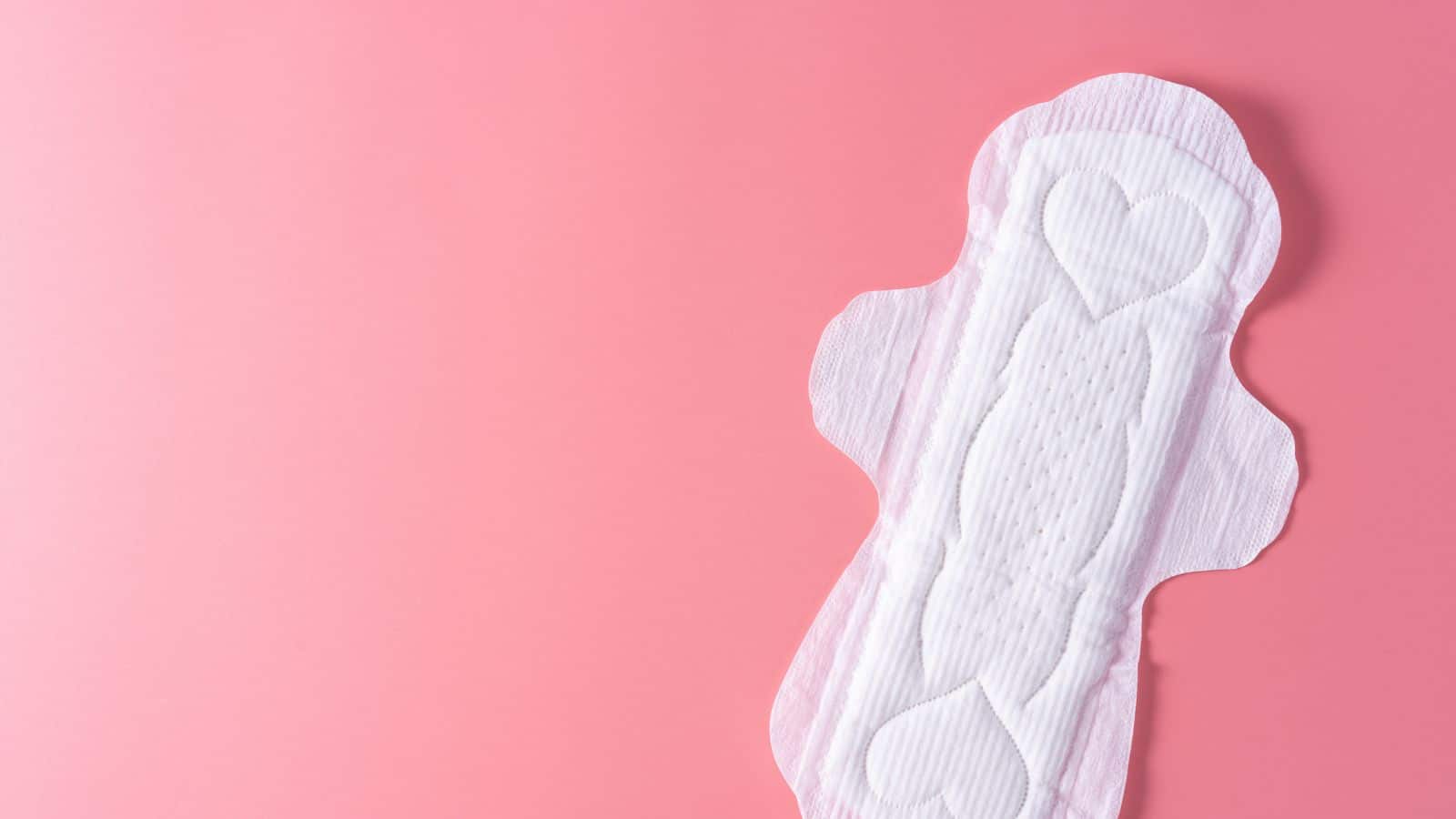
And lastly, cotton wool and pads used for cosmetic purposes aren’t recyclable because they’re often contaminated with substances like makeup, nail polish remover, or other chemicals. Even clean cotton wool isn’t suitable for recycling due to its short fibres, so throw these in the bin.

